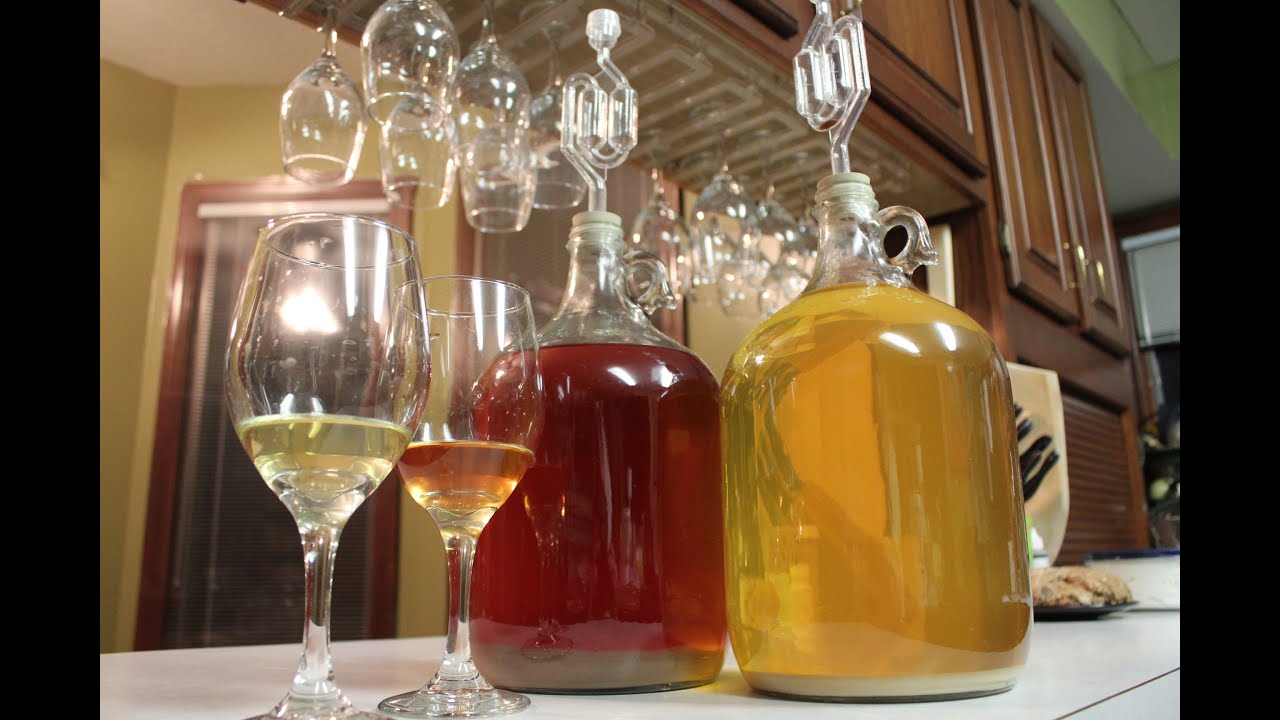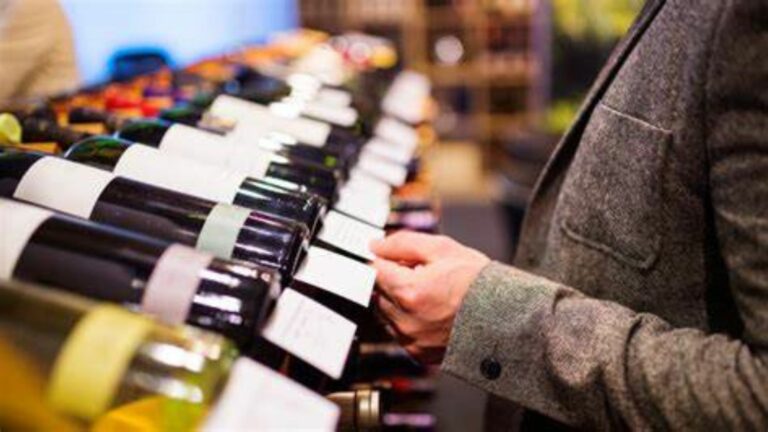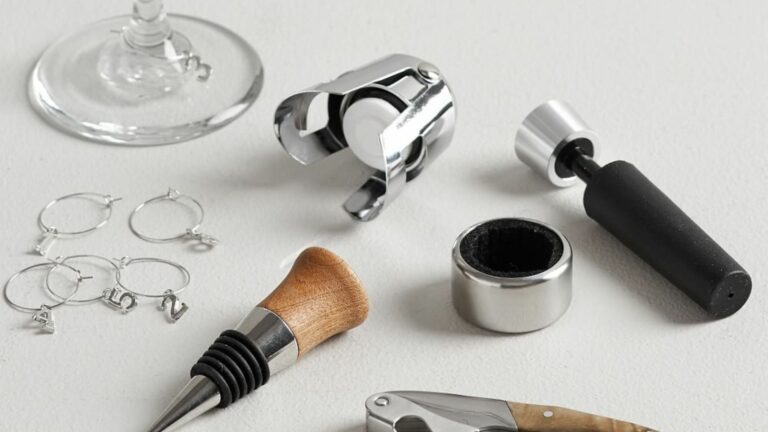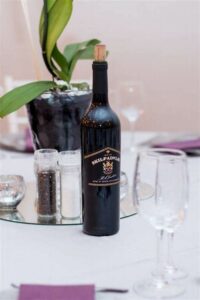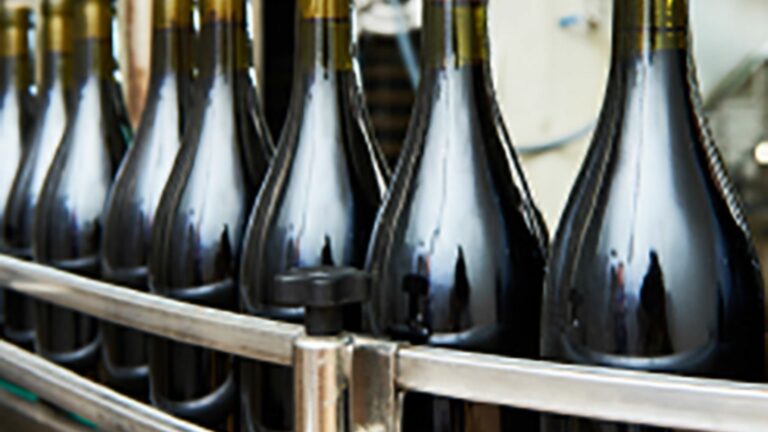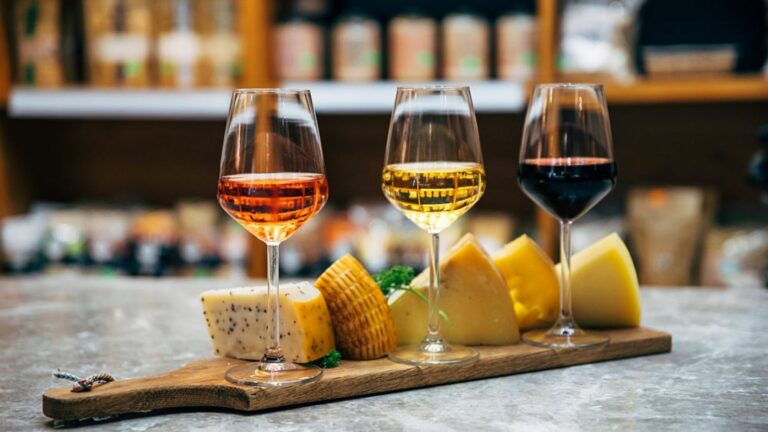Wine tasting is not just about drinking; it’s about experiencing and appreciating the complexities of wine. By employing certain techniques and strategies, you can enhance your wine tasting experience and unlock new dimensions of flavor and aroma. In this article, we explore how to make wines tastes better and elevate your wine tasting journey to new heights.
Understanding Your Palate
Before delving into the specifics of wines tasting techniques, it’s essential to understand your palate. Your palate refers to your sense of taste and smell, which play a crucial role in experiencing wines. Take time to explore and identify your flavor preferences, whether you enjoy fruity, floral, or earthy notes. Understanding your palate allows you to select wines that align with your taste preferences and appreciate them more fully during tasting sessions.
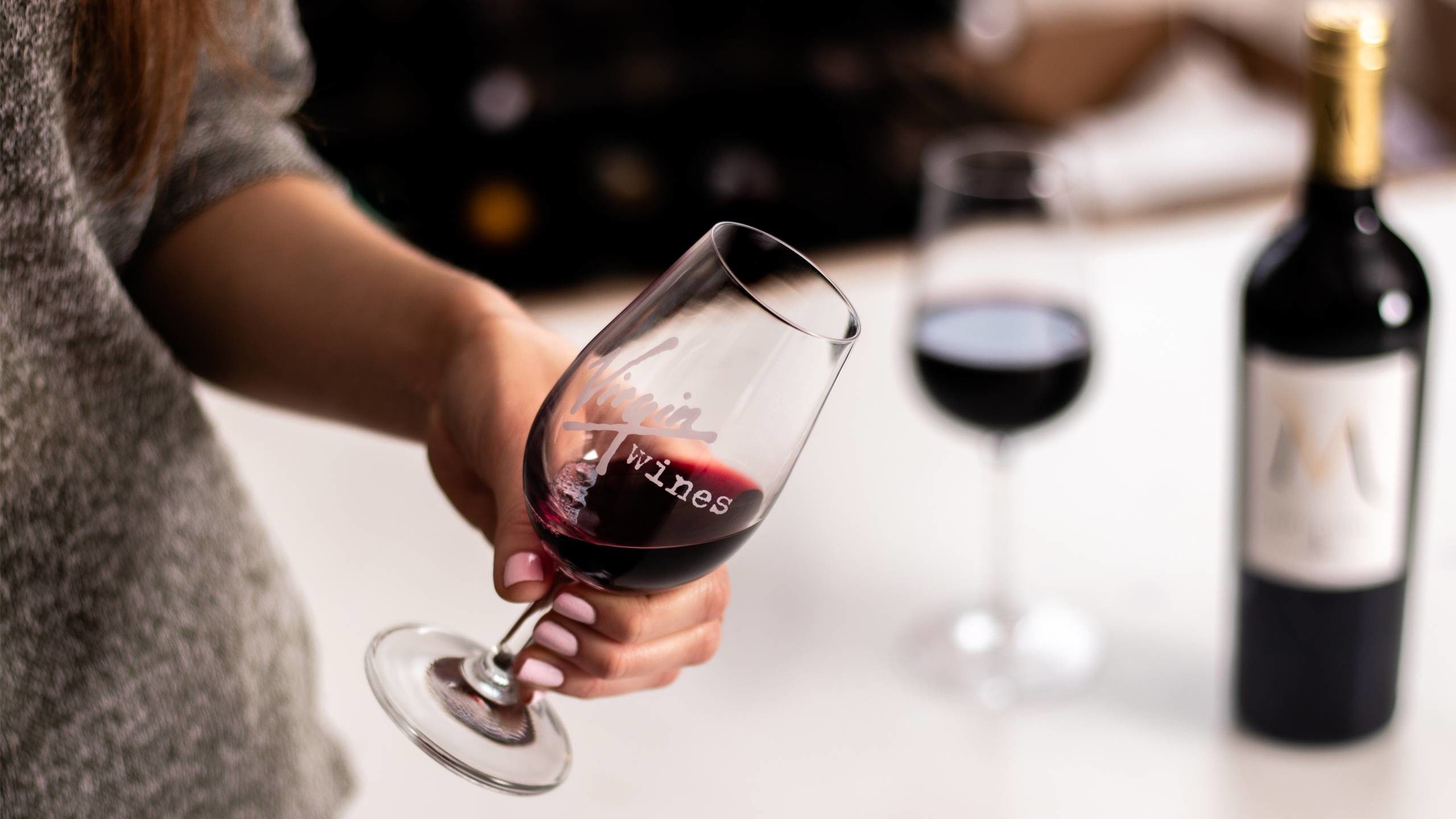
Proper Wine Tasting Technique
Mastering proper wines tasting technique is key to enhancing your wines tasting experience. Start by observing the wine’s appearance, noting its color, clarity, and viscosity. Next, swirl the wine in your glass to release its aromas, then take a moment to inhale deeply and identify the different scents. When tasting the wines, take a small sip and let it coat your entire palate before swallowing or spitting. Pay attention to the wines flavor profile, acidity, tannins, and finish. By following these steps, you can fully engage your senses and extract maximum enjoyment from the wine.
Experimenting with Food Pairings
Food can profoundly influence the way we perceive and enjoy wine. Experimenting with different food pairings can enhance the flavors of both the wine and the food, creating harmonious and memorable taste experiences. Consider pairing light-bodied wines like Sauvignon Blanc with seafood or salads, while bold reds like Cabernet Sauvignon pair beautifully with grilled meats or aged cheeses. Don’t be afraid to get creative and explore unexpected flavor combinations to discover new taste sensations.
Temperature and Serving Conditions
The temperature at which wines is served can significantly impact its taste and aroma. Serving wine at the appropriate temperature ensures that its flavors are showcased to their best advantage. Generally, white wines are best served chilled, while red wines are served at slightly cooler than room temperature. Invest in a wines thermometer to accurately monitor the temperature of your wines and adjust accordingly. Additionally, pay attention to serving conditions such as glassware and decanting, which can further enhance the wine tasting experience.
Practicing Mindful Drinking
Finally, practicing mindful drinking can help you savor and appreciate wines on a deeper level. Take time to engage all of your senses during the tasting process, from observing the wine’s appearance to savoring its flavors and aromas. Avoid distractions and focus your attention solely on the wines in front of you. By being fully present and attentive, you can cultivate a greater appreciation for the nuances and intricacies of wine, making each tasting experience more fulfilling and enjoyable.
Exploring Different Wine Regions
To truly expand your wines tasting experience and make wine tastes better, consider exploring wines from different regions around the world. Each wine region has its own unique terroir, climate, and winemaking traditions, resulting in a diverse array of flavors and styles. Whether it’s the bold reds of Bordeaux, the crisp whites of New Zealand, or the sparkling wines of Champagne, tasting wines from different regions allows you to broaden your palate and develop a deeper understanding of the world of wine. Keep a tasting journal to record your impressions and discoveries as you journey through different wine regions, and you’ll soon become a more discerning and knowledgeable wine enthusiast.
Conclusion
Elevating your wines tasting experience is not just about drinking wines; it’s about engaging your senses, understanding your preferences, and appreciating the artistry of winemaking. By understanding your palate, mastering proper tasting technique, experimenting with food pairings, paying attention to serving conditions, and practicing mindful drinking, you can make wine tastes better and embark on a journey of sensory exploration and discovery. So, next time you pour yourself a glass of wines, remember these tips and elevate your tasting experience to new heights of enjoyment and appreciation. Cheers!

